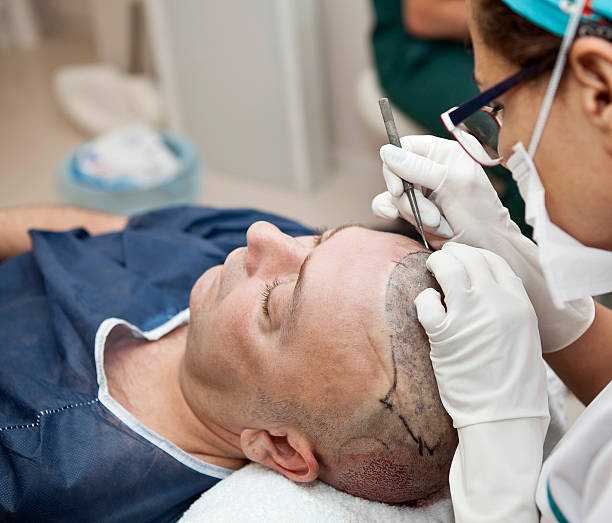In today’s fast-paced world, the importance of mental health and effective stress management has never been greater. With the increasing demands of work, family, and social life, many individuals are seeking natural and accessible ways to unwind and support their emotional well-being. One often overlooked but highly effective method is the use of hot tub spas. These soothing sanctuaries offer more than just physical relaxation—they provide significant mental and emotional benefits as well. Let’s explore how hot tub spas can play a powerful role in supporting mental health and stress relief.
The Science Behind Soaking
At its core, soaking in a hot tub promotes the body’s natural relaxation response. The warm water increases blood circulation, reduces muscle tension, and encourages the release of endorphins—the body’s feel-good hormones. This combination creates an environment where both the body and mind can unwind. The hydrotherapy effect is not only therapeutic for physical ailments but also for mental stress, anxiety, and fatigue.
Stress Reduction and Emotional Relief
One of the most immediate benefits of a hot tub soak is stress relief. When submerged in warm water, your body experiences a natural drop in cortisol levels. Cortisol is the primary hormone responsible for stress, and elevated levels can contribute to anxiety, depression, and sleep disturbances. The soothing environment of a hot tub helps to calm the nervous system, quiet racing thoughts, and provide a safe space for mental recovery.
The act of pausing life’s demands—even for just 15 to 30 minutes a day—can be transformative. This designated “me time” allows the brain to slow down, reduces overstimulation, and can even help people gain perspective on stressful situations. Whether it’s after a long day at work or in preparation for a good night’s sleep, regular hot tub use becomes a ritual of mindfulness and calm.
Improved Sleep Quality
Sleep and mental health are intricately linked. Poor sleep can exacerbate symptoms of anxiety and depression, while good sleep supports emotional regulation, memory, and resilience. Soaking in a hot tub before bedtime helps prepare the body for sleep by triggering a drop in body temperature after exiting the water, which signals the brain that it’s time to rest.
This cooling process mimics the body’s natural circadian rhythm, promoting deeper and more restorative sleep. People who struggle with insomnia or restless nights often find that incorporating a hot tub soak into their evening routine helps them fall asleep faster and experience fewer night-time awakenings.
Alleviating Symptoms of Anxiety and Depression
While hot tubs are not a replacement for professional treatment, they can be a valuable complementary tool for managing anxiety and mild depression. The buoyancy of the water supports the body and creates a sensation of weightlessness, which can ease both physical and emotional tension.
Furthermore, the sensory experience—the warmth of the water, the gentle massage from jets, and the calming sound of bubbling—can serve as a form of sensory therapy. This immersion in a tranquil environment engages the senses in a way that pulls attention away from anxious thoughts and grounds the individual in the present moment, similar to the principles of mindfulness and meditation.
Creating a Mindful Experience
Mindfulness, the practice of being fully present, has been shown to reduce stress, increase focus, and promote emotional health. Hot tubs offer an ideal setting for mindfulness. With distractions like phones, TV, and tasks left behind, individuals can turn their attention inward.
Taking deep breaths, observing the sensation of warm water on the skin, or simply watching the movement of the bubbles can become meditative acts. Adding calming music, essential oils, or gentle lighting can elevate the experience into a full spa-like retreat that nurtures the mind and soul.
Encouraging Social Connection
Mental health thrives on connection. While hot tubs can certainly be a solitary sanctuary, they also offer an opportunity to connect with others in a relaxed and open environment. Sharing a soak with a partner, family member, or friend can foster meaningful conversation and deepen relationships. These interactions are vital for emotional well-being and can help counter feelings of loneliness or isolation.
In a world increasingly dominated by digital interactions, creating intentional in-person experiences around a hot tub can be incredibly grounding. It provides a chance to talk, laugh, and relax together—without distractions.
Making It a Lifestyle
Incorporating a hot tub spa into your wellness routine doesn’t require a luxury lifestyle. Many modern hot tubs are designed to be energy-efficient, compact, and suitable for a variety of living spaces. The key is consistency. Just like regular exercise or meditation, the mental health benefits of hot tubs are most noticeable when used regularly.
Whether it’s a daily wind-down session, a weekend recharge, or part of a broader self-care regimen, your hot tub can become an anchor in your routine—one that reminds you to slow down, breathe, and prioritize your mental well-being.
Final Thoughts
Hot tubs offer more than just a luxurious soak—they provide a holistic approach to mental health and stress management. From lowering cortisol and enhancing sleep to encouraging mindfulness and social bonding, the benefits are both immediate and long-lasting.
Incorporating a hot tub spa into your self-care routine may be one of the most enjoyable and effective ways to nurture your mind, reduce stress, and cultivate a more balanced life. So go ahead—step in, unwind, and let the healing waters do their work.



